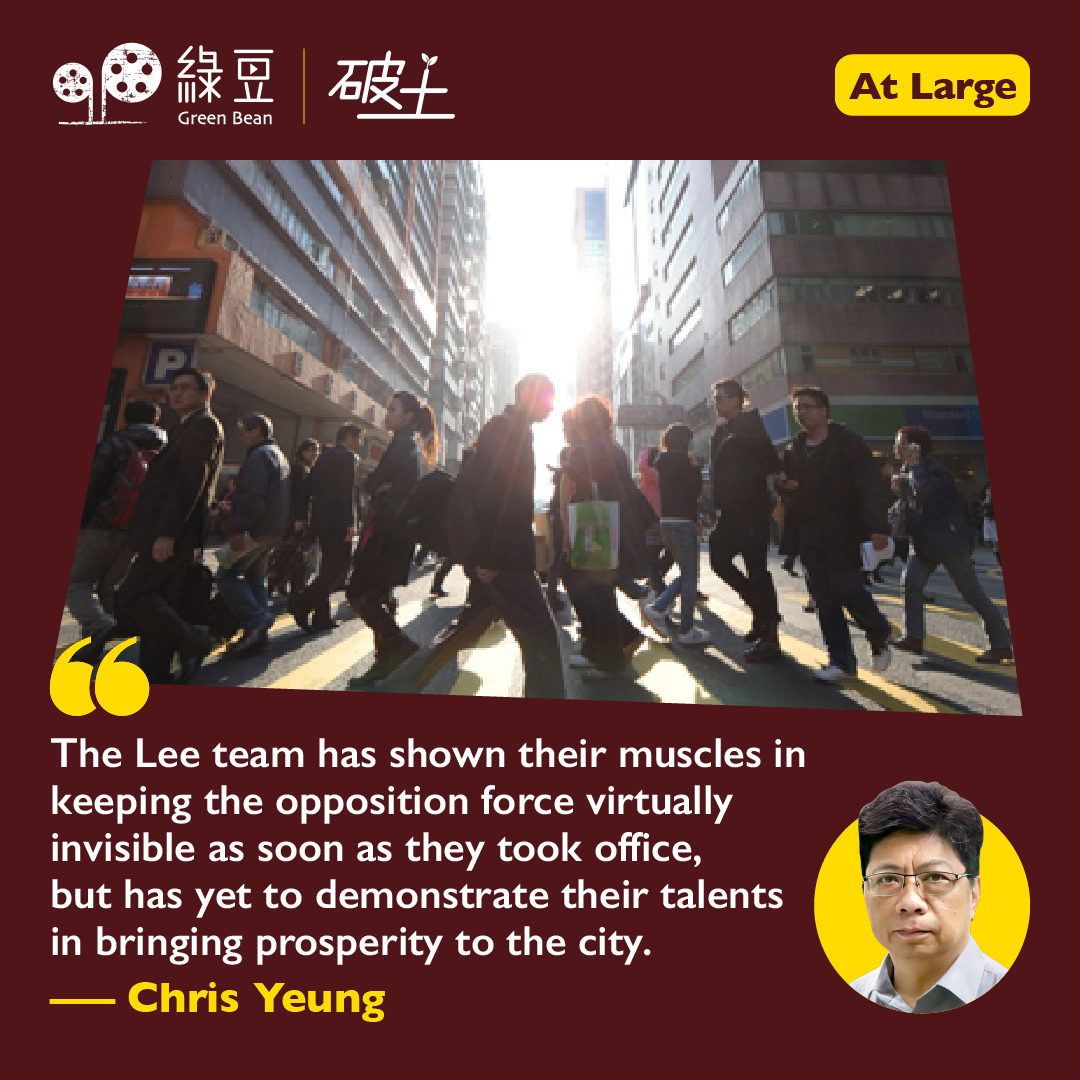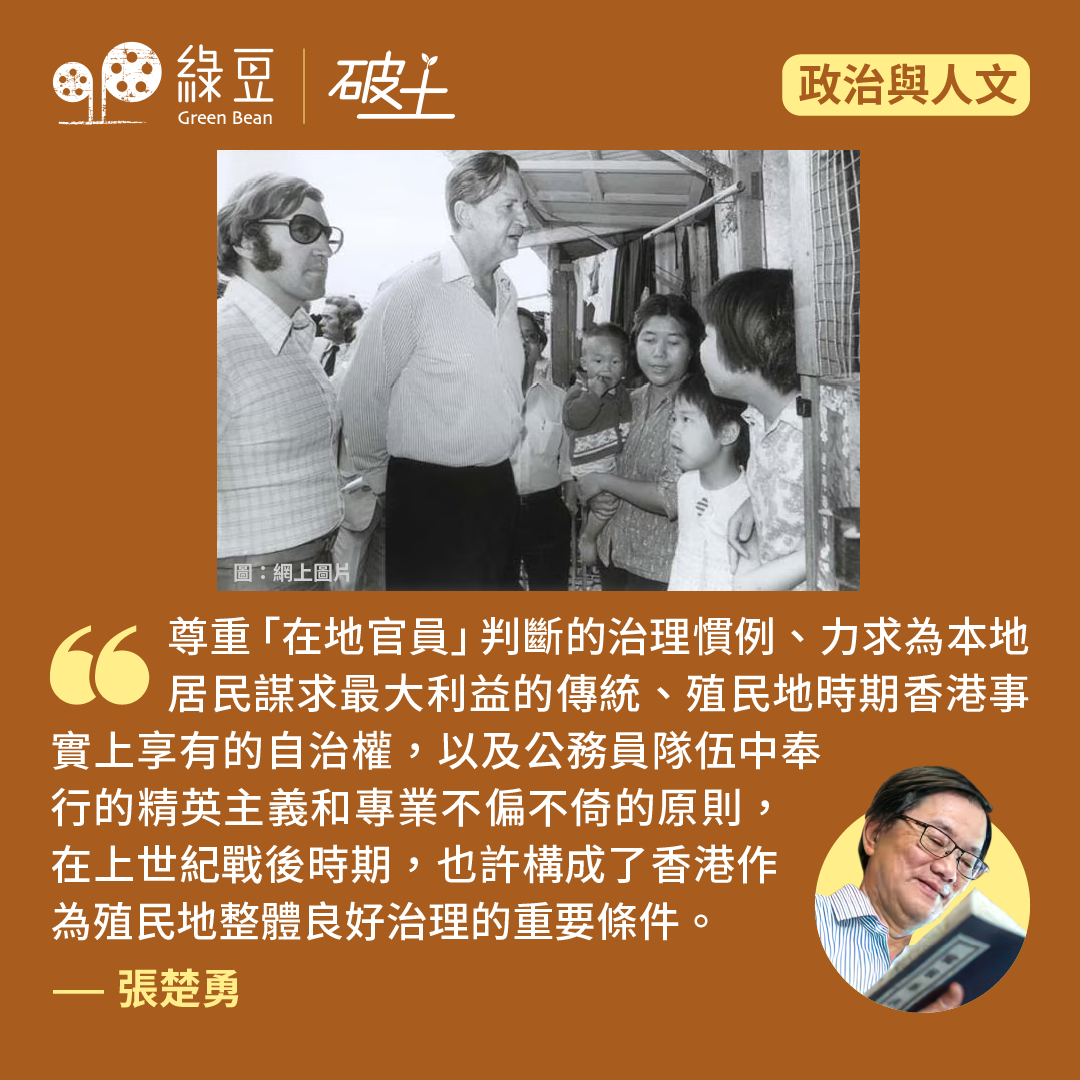MTR on a bumpy ride amid economic woes

Just two days after Hong Kong welcomed 2025 with a spectacular fireworks show over Victoria Harbour, the city’s MTR operator lost no time to paint a grim picture of its finances in view of a staggering HK$165 billion commitment to improve and expand rail services amid a weak property market.
Multiple media reports quoted a MTR source as saying on last Thursday (Jan 2) the company was revising its proven “rail-plus-property” business model by finding new sources of revenue while cutting costs. Issuing bonds is one of the fund-raising options, the source said.
Once considered as the most profitable rail operator in the world, MTR has succeeded in financing rail services by revenue generated from property development. Those days may have come to an end.
Deficit forecast hit 100 billion
Property prices have dropped by more than 10 per cent in the past 12 months. Faced with a sluggish market and dented confidence, the Government has drastically cut down its land sale plan in the current fiscal year.
The sharp fall in expected revenue from land sales has worsened this year’s budget, which is forecast to hit the HK$100 billion mark, doubling the original estimate by Financial Secretary Paul Chan in his 2024-2015 Budget in February.
In his Budget, Chan has also revealed the Government will issue a number of bonds, with HK$70 billion to be in the retail tranche.
The worsened deficits and bond-issuing plan have prompted his predecessor John Tsang raising fears on social media that Hong Kong will rely on loans and run up debt.
His worries were immediately brushed aside by Chan.
A city of debts
News of the imminent end of MTR’s successful business model also speaks of the looming threats to the city’s economy and public finance that have heavily relied on the property sector in the past.
Revelation of their desperate need for funds came as government leaders gave a promising outlook of the city in 2025.
Writing in his blog, Paul Chan said Hong Kong’s economy, social and livelihood development will see more shining progress, adding more glitters to the cosmopolitan city.
Riding on the troubles facing MTR, cynics on social media have ridiculed Hong Kong as having a new name – “a city of debts”.
It sounds like an exaggeration, at least for now. But the move by a “MTR source” to risk spoiling the city’s festive mood and embarrassing the government to warn of a bumpy ride ahead could be timely indeed.
It has illustrated the tough challenges for the John Lee administration to revitalise its economy and rebuild the city’s fiscal strength in the midst of volatilities and uncertainties in the mainland and the world.
Cutting spending on welfare
But before any economy-boosting initiatives bring about growth and revenue-raising measures to generate income, the Government is facing a no-win battle of cutting spending on welfare.
Speculation is rife that the Government will impose new restrictions on the “2 Hong Kong dollar travel concessionary scheme” to help bring down the government expenditure on the scheme in face of a surge of government spending.
Ideas that have been floated by legislators include lowering the age of eligibility from 65 to 60 as it was before former Chief Executive Carrie Lam relaxed the scheme as part of her scheme to ease public anger at the heyday of the 2019 protests.
Facing between a rock and a hard place, the Lee team has kept their card on the “2 dollars” scheme close to their chest. Political parties have kept their stance ambivalent.
Following the drastic changes in the political landscape and the media scene, public opinion has become increasingly difficult to be gauged with a significant segment of the populace preferred silence. Some chose it as a form of silent protest or a show of veiled disapproval to the Beijing-backed administration.
With no attempts taken to heal the wounds inflicted in the aftermath of the 2019 protests, divisiveness has become embedded in the society, doubling the difficulties of economic-boosting tasks.
It has and will prove to be a tall order for the Lee team, which has shown their muscles in keeping the opposition force virtually invisible as soon as they took office, but has yet to demonstrate their talents in bringing prosperity to the city.
▌[At Large] About the Author
Chris Yeung is a veteran journalist, a founder and chief writer of the now-disbanded CitizenNews; he now runs a daily news commentary channel on Youtube. He had formerly worked with the South China Morning Post and the Hong Kong Economic Journal.





